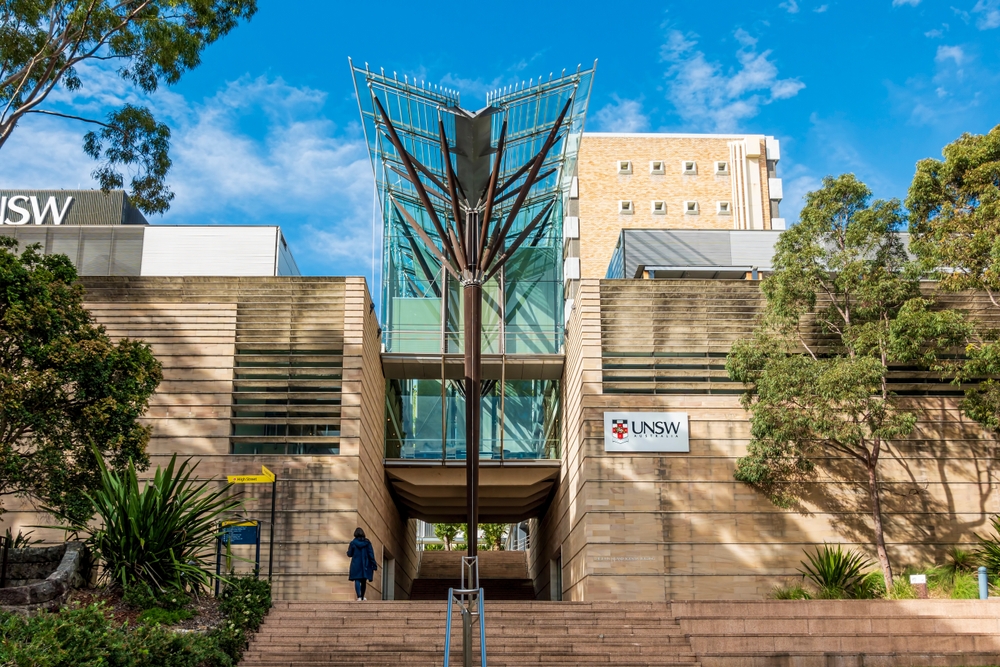
UNSW Sydney has become the first Australian university to fully transition its Sydney-based residential colleges and associated facilities from gas to renewable electric energy, marking a major milestone in the institution’s ambitious sustainability agenda.
The university’s move replaces all outdated gas systems at its Kensington and Paddington campuses with modern, renewable-powered electric infrastructure, covering student accommodation, kitchens, childcare, sports, and hospitality facilities.
The electrification upgrade is expected to prevent approximately 700 tonnes of carbon dioxide emissions each year, significantly advancing UNSW’s goal of achieving net zero emissions by 2050. The university-wide electrification program is scheduled for completion by 2030.
At the heart of this transformation is Goldstein Hall in Kensington, where the kitchen — serving more than 1,300 meals daily — has undergone a complete overhaul.
Senior Manager of Energy and Utilities at UNSW, Jose Bilbao, described the impact: “It has been absolutely rewarding seeing the kitchen before and after.
“The fryers don’t produce fumes when we’re using them, so it’s a lot healthier here, much better air quality, it’s cooler and we’re using less energy.”
Head Chef at Goldstein Hall, Eve Wannasorn, highlighted the operational improvements: “Making a stew for around 300 people used to take about three hours.
“Now it’s around 45 minutes. The food tastes nice. It’s fresher. And chefs don’t need to waste time changing oil manually. It means the quality of the food is much better.”
The first phase of UNSW’s electrification program has reduced emissions from natural gas by an estimated 10 per cent across all Sydney colleges.
Major upgrades include:
- 34 heat pump-operated dryers and 34 washers
- 31 induction cooktops and 10 electric barbecues
- High-efficiency electric commercial kitchen appliances (fryers, pressurised Bratt pans, dishwashing systems)
- 8 domestic hot water heat pumps (400 kW total heating capacity) and 18 hot water tanks (over 12,000 litres), replacing more than 20 instant gas units
All these amenities are powered by renewable solar energy, thanks to the university’s on-site solar system and the Sunraysia Solar Farm through a long-term Power Purchase Agreement.
Over 15 years, UNSW expects to save 1.25 million tonnes of greenhouse gas emissions.
Chief Property Officer at UNSW, Timothy Beattie, underscored the sector-wide significance: “Electrification is not only possible, and critical to achieve the Paris agreement, but also desired as it provides so many direct and indirect benefits, like better air quality, operational efficiencies, and reduction of fugitive emissions.
“This is an important investment for the University and the community. Once the program is completed, we’ll save around 155,000 GJ of gas per year.
“That’s like removing more than 5,300 cars from the road.”
UNSW’s leadership in environmental and social sustainability is reflected in its global ranking — 12th worldwide — and its ongoing commitment to bold, practical climate action.
As the university continues its transition, it sets a powerful example for the sector and demonstrates that large-scale electrification powered by renewables is both achievable and beneficial for campus communities and the environment.












